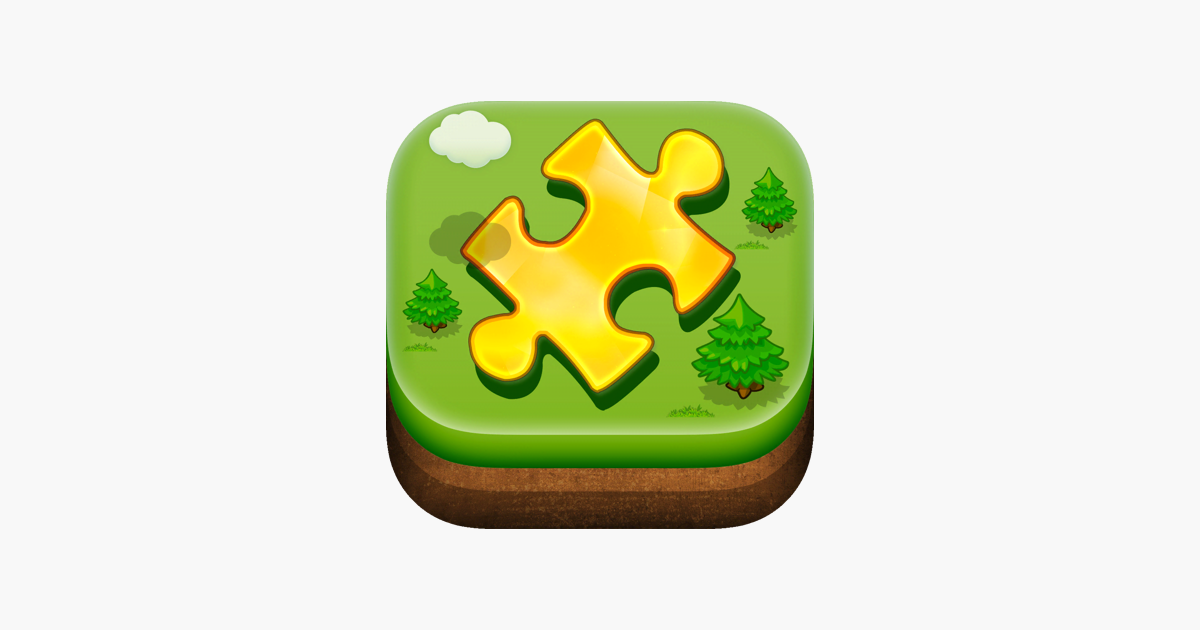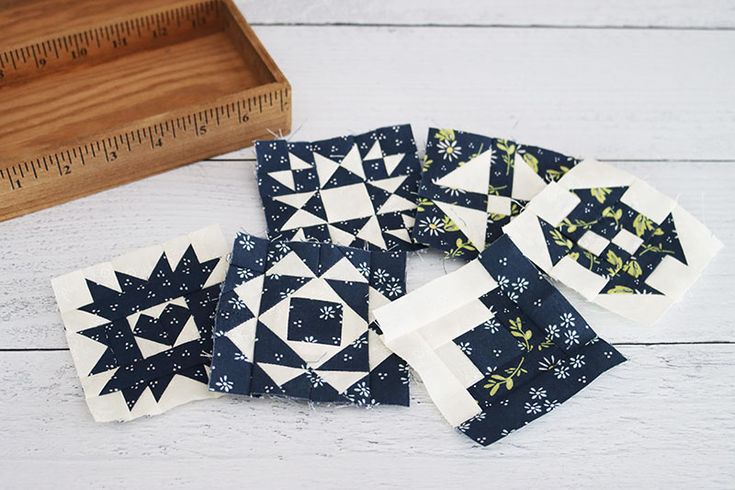
Puzzles that have more than 1000 pieces are usually the most difficult. They often feature similar-coloured pieces, small repeating patterns and sometimes unusual shapes. They are overwhelming and can inspire fear, awe or glee. They can take many hours or even days to solve. This is why many people like them.
Organizing a jigsaw puzzle
There are a few things you need to do to organize your jigsaw puzzle collections. Your first step is to get rid of all unnecessary items. You can either donate or sell any puzzles you don’t use. You can also sell puzzles through sites such as eBay or Craigslist. Also, you should get rid of puzzles with missing pieces or that your loved ones don't want. Give them to a friend/family member who will love them.
Sorting your pieces can help you organize your puzzle. You can sort your puzzle pieces by their color, shape, texture, or both. You can then arrange your pieces in smaller sections once you have sorted them. After you have completed assembling the puzzle, place them in the appropriate frames.

Each section should be worked on at a time
You can keep track of your progress by working on one section at a given time. This will help you stay motivated and focused to complete the puzzle. Focusing on one area at a time allows you to quickly move onto the next. This strategy will enable you to see how the remaining pieces look.
You will find it easier to solve a good puzzle when you look at a photograph. This will give a clear idea of where each piece is located. Look out for clues such as the beginnings and endings of lines. Some puzzles almost exclusively consist of writing. This can be confusing. It is much easier to use pictures in a puzzle like this. Different font sizes and styles are helpful.
Working with repetitive shapes
Working with repetitive shapes is a challenge when solving difficult puzzles. This problem is especially challenging if your puzzle is made up of single-color blocks or pieces between two blocks. If you are working with this type, you can begin by sorting your pieces according to shape. You will then need to find holes in which the most shape candidates can be placed. One example: A piece with two adjacent knobs could fit in an unfilled space.
Work with solid colors
Solid color jigsaw Puzzles are great for those who are proficient in putting together puzzle pieces. Working with solid color puzzles is challenging because you have to pay careful attention to how the pieces fit together. Triangular puzzles that combine two or more colors are the most difficult.

Sorting a single-colored picture puzzle should be done according to its shape and color. You can sort pieces by color shade or area if they are all the same color.
Working with optical illusions
Some optical illusions provide entertainment while others challenge your cognitive abilities. Optical illusions allow you to test your abilities and have fun, no matter if you're solving a challenging puzzle or playing an interactive game. Recently, there have been a number of puzzles online that require you focus and to solve a difficult problem.
Perception fade is one example of a common optical illusion. A peripheral vision's lower resolution causes a visual image to fade from view. This forces the brain to reconstruct the outer flanks based on what it is able to gather from the center. In this process, the nervous system tries to find structure and order in the world around us.
FAQ
Which hobbies are most in demand right now?
Popularity isn't always a good thing. It can be used to justify mediocrity. It is a fact that most people don't have enough time to pursue hobbies they enjoy. They are too busy trying to make ends meet. What should you do when you don't have much time? You could open a business.
However, this isn't easy. Before you can make your idea a reality, there are many hurdles to overcome.
Consider pursuing a hobby if your goal is to have something more fun than running a company.
Hobbies can be more than just creative pursuits. There are many kinds of hobbies. These hobbies include:
-
Gardening
-
Cooking
-
Photography
-
Reading
What are observation hobbies?
Observation hobbies are activities where you observe people doing what they do. You might be interested in watching sports, reading, going on holidays, and so forth. You could also observe other people.
It's great to have observation hobbies because it helps you think creatively. You can apply this knowledge later on when you work with others.
You'll find that if you're interested in something, then you'll have an easier time learning about it.
For instance, if football is something you are interested to know about, you can watch the game or read a book. Exhibitions are a great way to learn about photography.
If you love to play music, there are two options: either buy a new guitar online or follow along with the songs.
If you love cooking, you can either cook your meals at home or order from a local restaurant.
If you like gardening, you could grow vegetables or flowers.
You can take a dance class, or just go out with your friends if dancing interests you.
You could also paint pictures if you are a fan of painting.
Writing poetry or stories is a passion if you are a writer.
If you like drawing, you could draw pictures.
If you are passionate about animals, you can look after them or work at the zoo.
You could choose to study biology, maths, chemistry, or physics if you are interested in science.
If history is your passion, you can either read books or watch films. Or you could listen to podcasts.
If you enjoy traveling, you can travel around the world or just explore your own area.
How do I get started?
To start a new hobby, you must first decide what type of activity you would like to do.
Once you've chosen your subject, you need to be passionate about it.
Understanding why you are interested in a hobby is important. This will help give you direction and provide a purpose.
After you have decided on the type of hobby you want to pursue, it's time to start planning.
Take a look at the equipment you will need.
You should consider whether or not you will need to take classes or attend seminars.
Make sure you have enough space for your hobby.
A club or group might be something you consider. These groups are often supportive and offer advice.
Consider how much money you would have to spend on your hobby.
Statistics
- This 100% accurate personality-analyzing hobby quiz discovers your passion based on your characteristics. (quizexpo.com)
- The Role of the Mind in Sex, Dating, and Love: Men in the “humor” condition received phone numbers from 42.9% of the female participants and were refused 57.1% of the time. (time.com)
- In comparison, men in the “no humor” condition were refused 84.6% of the time and were only accepted 15.4% of the time. (time.com)
- The intensity of the dialogue partners' bond at the end of the forty-five-minute vulnerability interaction was rated as closer than the closest relationship in the lives of 30 percent of similar students. (time.com)
- I am 100% biologically a woman (discover.hubpages.com)
External Links
How To
How to Find the Right Hobby
Ask yourself some questions to find out if your hobby is right.
-
Do I enjoy doing it?
-
Is it a pleasure?
-
Are you interested in continuing this hobby even after your age?
-
Are I good at it?
-
Do I have any ideas?
-
Would I recommend it for others?
-
Is it going to bring me happiness?
-
Can it help me to relax
-
What will it do for me?
-
Do I get to learn skills that will be useful later in my career?
-
Will it let me meet new friends?
-
Will it allow me to express my creativity?
-
Will it offer me opportunities to learn new things?
-
Can it give me assurance?
-
Is it going to give me a sense of accomplishment?
-
Is it possible to achieve financial success?
-
Will it enable me to travel?
-
It will allow me to travel new places.
-
Is it going to encourage me?
-
Will it inspire me to work harder?
-
It will it motivate you to succeed?
-
Do I have to take part in activities that I don't normally think of?
-
Is it going to challenge me?
-
It will be entertaining.
-
Will it keep me fit?
-
It will save you money.
-
Is it likely to reduce stress?
-
Will it prevent boredom?
-
Is it possible to save my time?